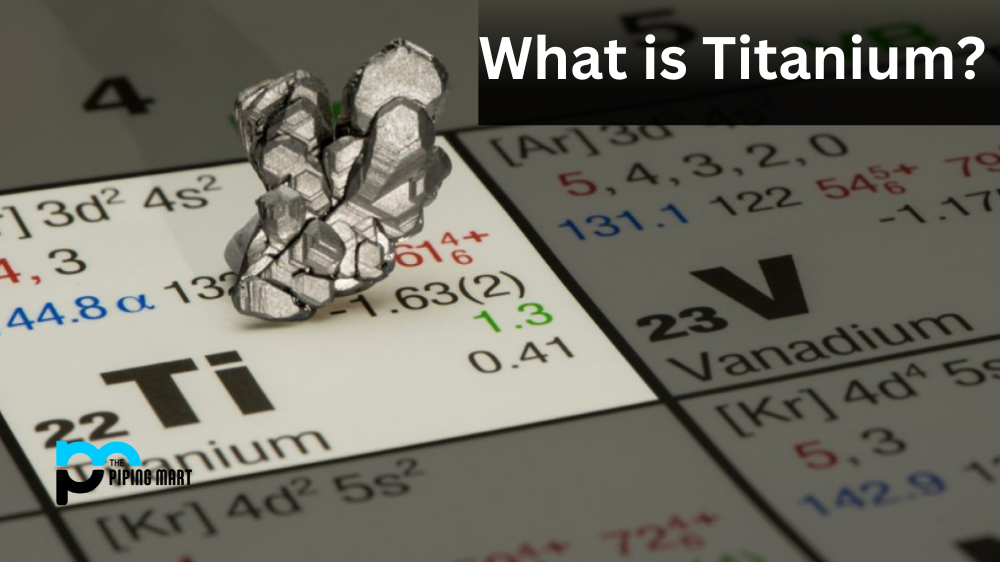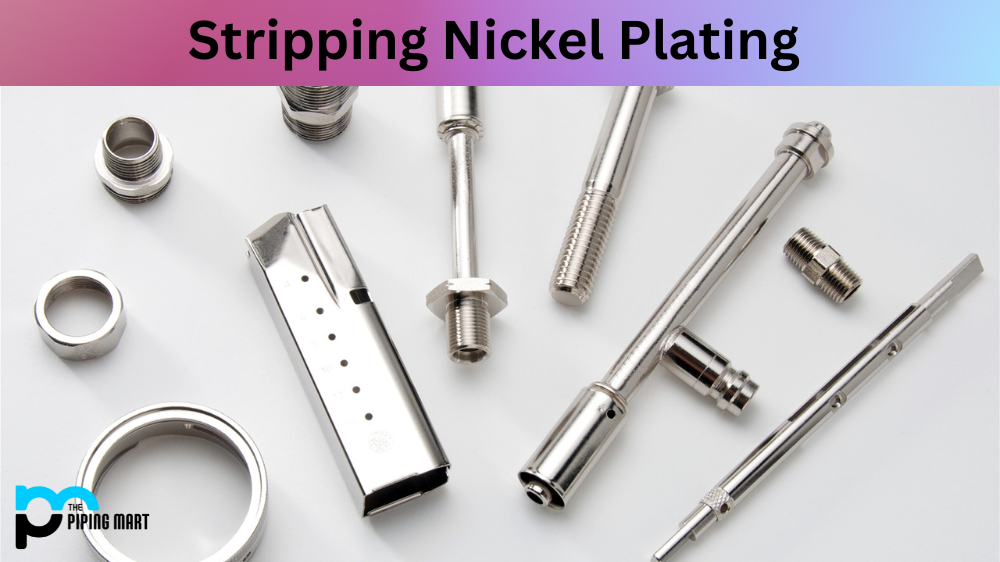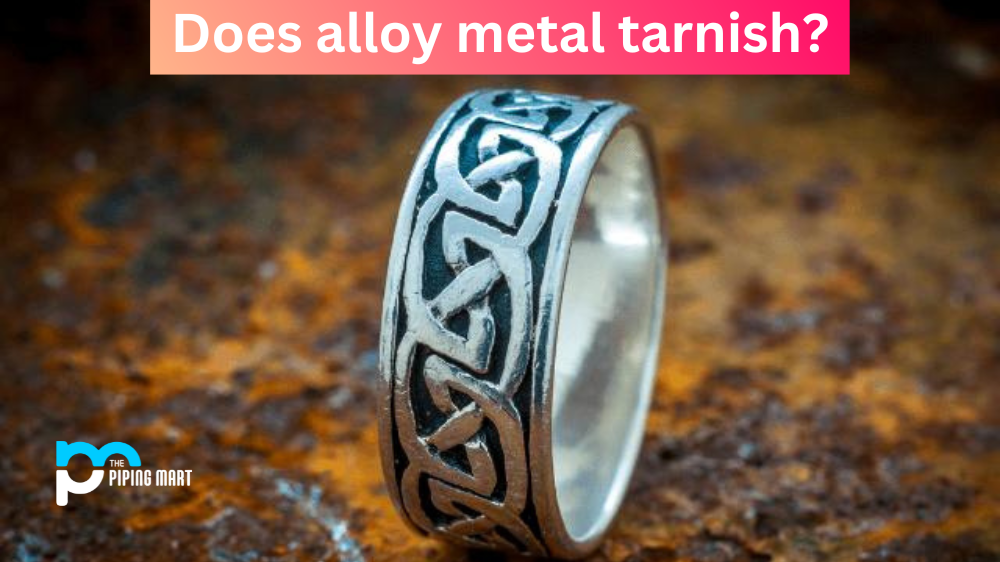Have you ever heard of titanium before? It might sound like a made-up word, but it’s actually a very strong and lightweight metal with many uses. From its strength to its many alloys, titanium has become an essential material in industries such as aerospace, medical, and military. Let’s take a look at what makes titanium so special and what it can be used for.
What is Titanium?
Titanium is a metal that was discovered in 1791. It is known for its strength and lightweight properties making it ideal for many applications. Titanium is also incredibly resistant to corrosion and heat making it perfect for aerospace engineering. Its unique properties make it highly sought after in the industry today.
Properties of Titanium
Titanium is an incredible metal with remarkable properties that make it ideal for use in many industries including aerospace engineering, medical implants, and militaries around the world. Its strength combined with its light weight makes it perfect for many applications that require durability yet still need to remain lightweight enough for movement or travel. If you’re looking for a strong yet lightweight material
Titanium Uses
Titanium has become invaluable in the aerospace industry due to its strength and durability. Many aircraft parts are crafted from titanium because of their lightweight yet strong characteristics. In addition, titanium alloys are frequently used as components of jet engines, including fan blades and turbine blades which must be able to withstand intense heat conditions during flight.
In the medical field, titanium is often used to craft artificial joint replacements such as hip implants or knee replacements due to its biocompatibility with human tissue which means it does not cause any adverse reactions within the body when implanted into humans. It is also used in other medical instruments such as orthopedic screws, dental implants, surgical tools, or prosthetics.
Titanium’s use doesn’t stop there; it can also be found in military applications where its strength and durability make it a great choice for components that need to stand up against extreme conditions such as tanks or submarines. In addition, titanium alloys are often used as armor plating on vehicles due to their ability to absorb impact without being damaged by shrapnel or bullets.
Advantages of Titanium
One of the main advantages of using titanium is its strength-to-weight ratio. It is one of the strongest metals available—it’s harder than steel but lighter than aluminum—making it ideal for structural components where weight is a concern. The titanium also offers excellent corrosion resistance in many environments and has excellent fatigue strength, meaning that it can withstand repeated stress without failing. Finally, titanium is non-toxic, making it safe to use in medical applications such as implants.
Disadvantages of Titanium
Although titanium does have some major advantages over other materials, there are also some drawbacks to consider. First off, titanium is expensive—it costs about twice as much as stainless steel per pound—which limits its use in certain applications where cost is a factor. Additionally, titanium isn’t magnetic which can be an issue when trying to attach components made from other materials such as iron or steel. Finally, titanium is difficult to work with because it tends to be brittle when cold worked which means that special care must be taken during fabrication processes such as cutting or welding.

Pipingmart is a B2B portal that specializes in metal, industrial and piping items. Additionally, we share the latest information and information about materials, products and various types of grades to assist businesses that are involved in this business.




